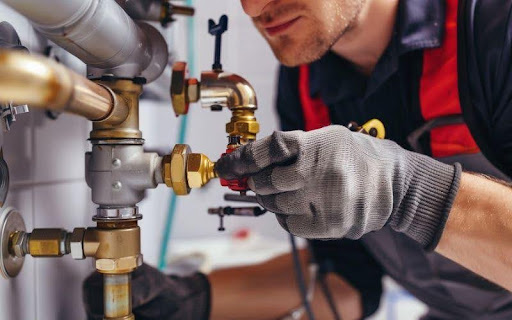Plumbing might not seem like the first place to look when trying to cut household costs, but a few smart habits can make a surprising difference to your wallet. If you’re on a water meter or simply trying to avoid big repair bills, taking care of your plumbing system is well worth the effort. Here are three practical plumbing tricks that can help you save money around the home.
1. Fix Leaks Without Delay
A dripping tap or a slightly running toilet may not seem like an urgent issue, but these small leaks add up quickly. According to Waterwise, a leaking toilet alone can waste hundreds of litres of water a day. If you’re on a water meter, that wasted water is coming straight off your bank balance and your holiday budget.
Beyond just water waste, leaks can lead to far more serious problems if left unchecked. Moisture build-up can cause mould, damage floorboards, and weaken structural materials. In many older UK homes, damp is already a common issue and plumbing leaks often make it worse.
Many simple leaks, such as those caused by worn washers or loose fittings, can be repaired with basic DIY skills and a few tools. But if you’re unsure, it’s better to call a reliable plumbing service in sooner rather than wait for a bigger, more expensive problem to develop. Prevention is always cheaper than a cure when it comes to water damage.
2. Reduce Your Hot Water Temperature
Your water heater could be using more energy than necessary. Many UK homes have hot water cylinders or combi boilers set too high by default. Reducing your water temperature slightly can lower your energy bill without affecting comfort.
Setting a hot water cylinder to 60°C instead of 65°C can reduce heating costs while still being hot enough to prevent bacterial growth such as Legionella. It also slows down limescale build-up, which helps keep your system running efficiently. For homes with combi boilers, lowering the temperature on the hot water setting by just a few degrees can also make a difference.
The Energy Saving Trust notes that water heating accounts for nearly 20% of a typical household’s energy bill. Making this one change can help lower your energy usage and reduce wear on your boiler in the long run.
3. Flush Your Water Heater Annually
If you have a hot water cylinder or traditional boiler system, flushing it once a year can help extend its lifespan and maintain efficiency. Over time, limescale and sediment can build up inside the tank, especially in hard water areas like the South East of England.
A build-up of scale acts as insulation, making it harder for the heating element to warm the water. This means your system works harder and uses more energy to do the same job. In extreme cases, it can even lead to boiler failure.
You can hire a plumber to perform a full flush and service, or if you’re comfortable doing so, many manufacturers offer guidance for basic maintenance. Either way, an annual check-up is far cheaper than replacing a failed water heater or dealing with the aftermath of burst pipes due to corrosion.
Conclusion
Plumbing isn’t something most homeowners think about until something goes wrong, but a few simple habits can prevent costly problems and reduce your bills. Fixing leaks quickly, lowering your hot water temperature, and flushing your heater each year are all easy ways to save money and keep your home running smoothly. A little maintenance now can mean a lot more savings later on.



